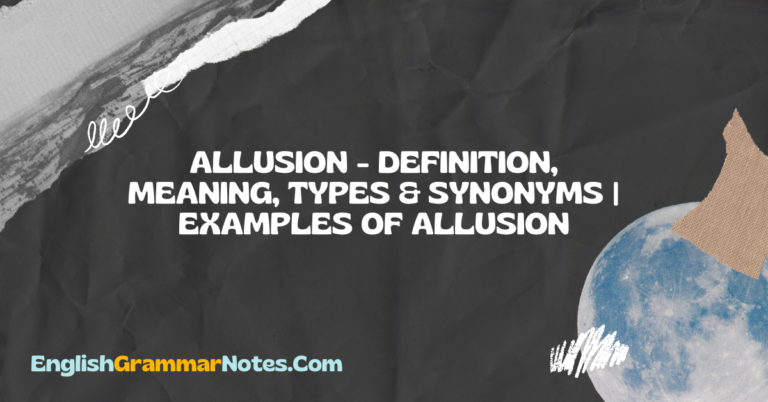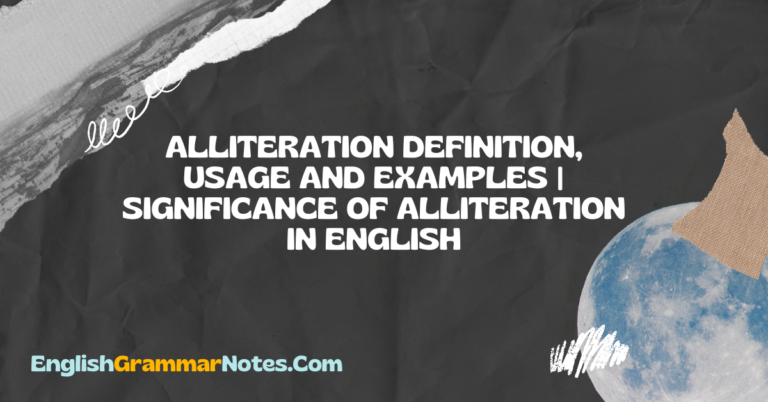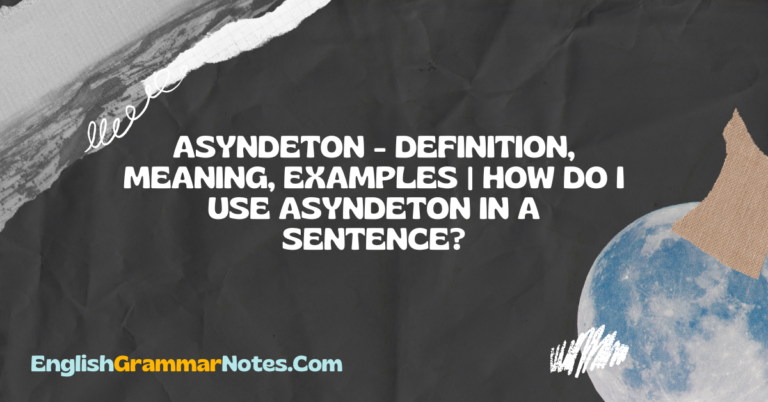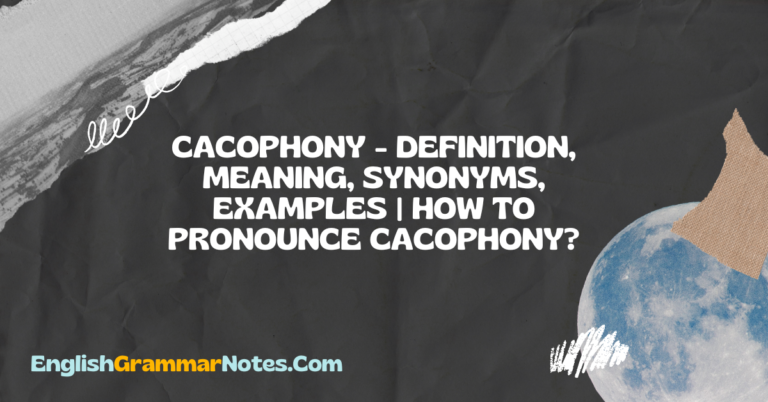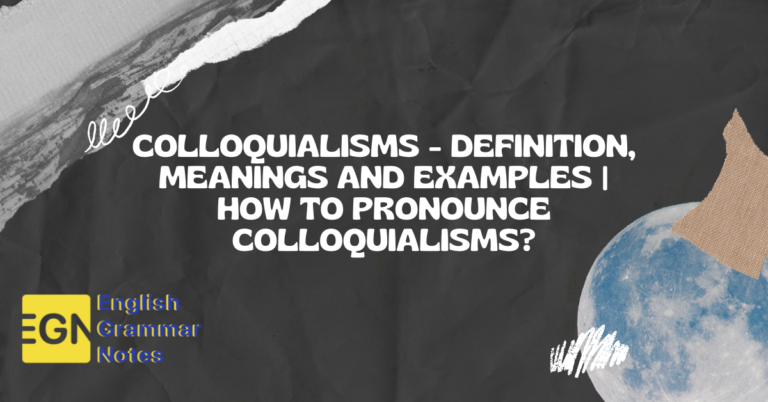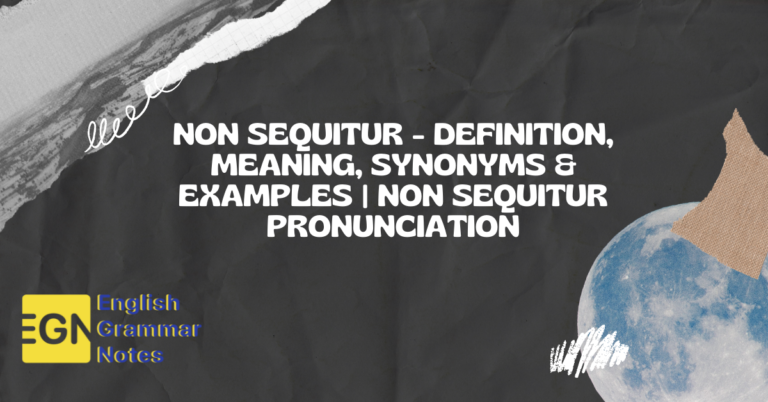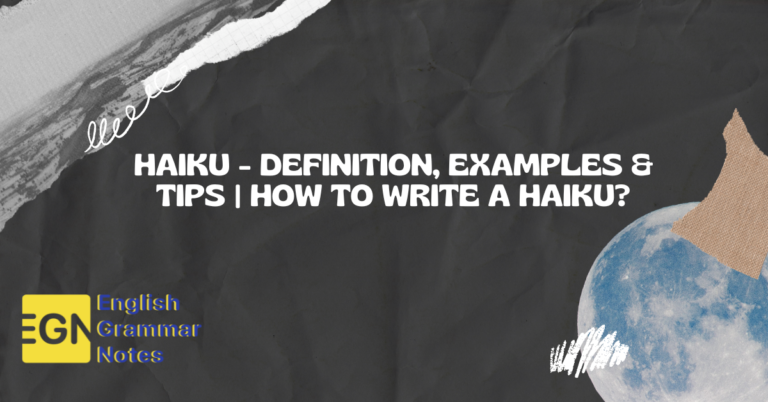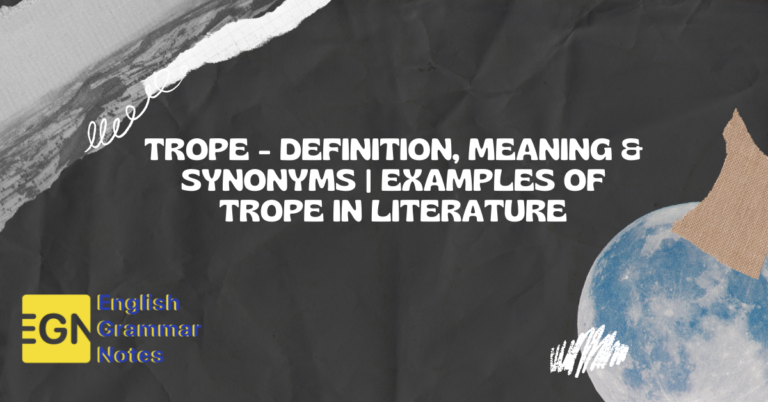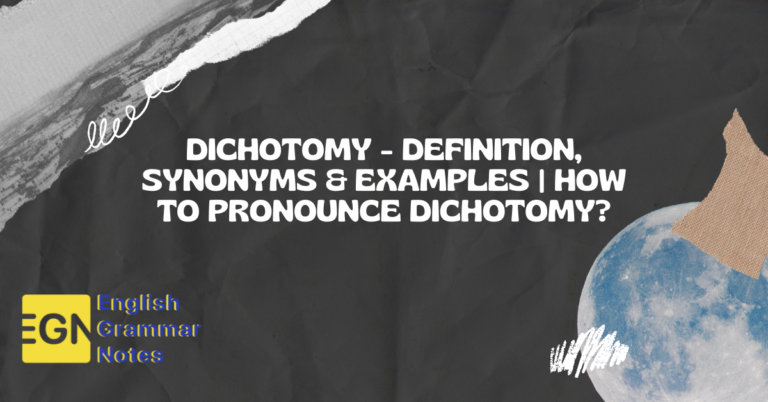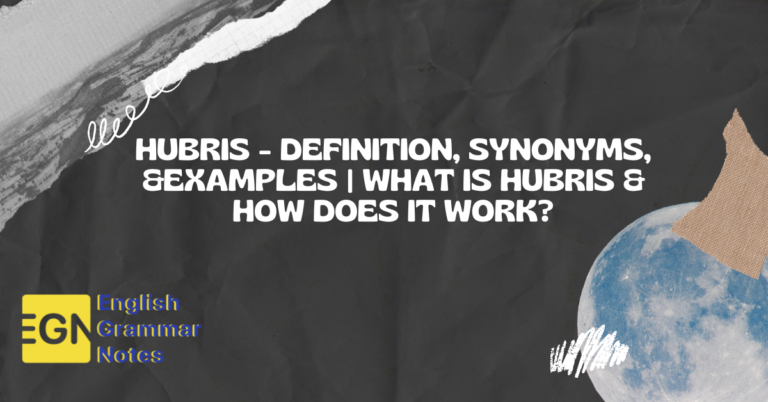Allusion – Definition, Meaning, Types & Synonyms | Examples of Allusion
An allusion is a common literary device that brings into mind an idea without specifically referring to it. You are sure to have come across allusions in a book, film, or in everyday life. Allusions are very helpful in emphasizing an idea or theme. In this article, you will be introduced to all the essential information about allusion including its definition, common examples, its significance, etc. What is an Allusion? Types of Allusions Allusion Examples Significance of Allusion How to use Allusion? Allusion Vs Analogy Allusion Synonyms What is an allusion? Distinguish between allusion and analogy? What are the benefits of using allusion? What is an Allusion? Allusion, pronounced ah-LOO-zhun, is a literary device that has a brief reference to a person, place, thing, event, or other literary work with which the reader is already familiar. As a literary device, allusion helps writers to compress a larger meaning to a single phrase or word. Types of Allusions Allusions are of different types. These include Casual allusion: Are used when a character feels something or sees something and recalls the event or the happening that matches it. Single allusion: the reference is made regarding one single event and readers and the …
